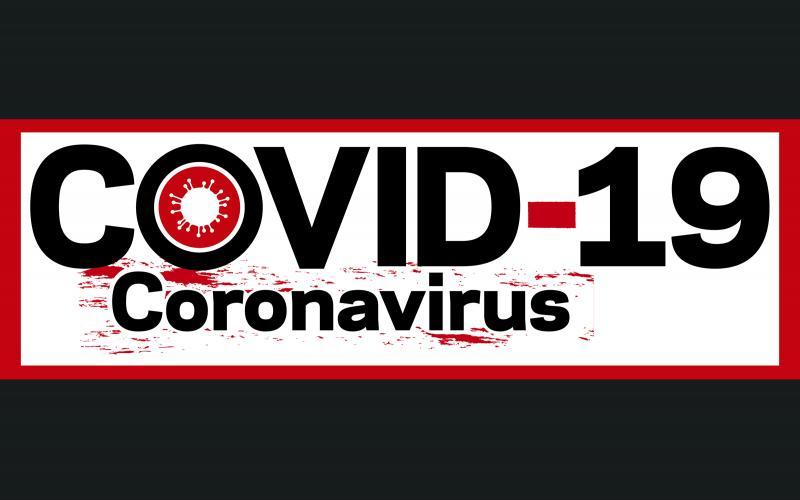Columbia County received notice of one new confirmed covid-19 case Saturday evening, raising the total to ten confirmed covid-19 cases. The new individual ill with the virus is a 69-year-old female.
The Florida Department of Health in Columbia County (DOH-Columbia) is now conducting its contact investigation and working on identifying and notifying individuals who will need to self-monitor for symptoms for a 14-day period. Contact investigations are a critical way for staff epidemiologists to track and prevent the spread of disease.
Earlier on Saturday, Columbia County received notice of five other new confirmed covid-19 cases. Those individuals ill with the virus include: a 63-year-old male; a 61-year-old female; a 36-year-old male, a 27-year-old female; and a 25-year-old female.
covid-19 symptoms and treatment
The symptoms of covid-19 can mirror illnesses such as influenza. Patients with covid-19 typically display symptoms such as fever (100.4°F or higher), cough, and/or shortness of breath within 2 to 14 days of exposure to the virus. Approximately 80% of those affected with covid-19 report mild to moderate illness and experience a complete recovery. Some experience more severe illness. People who are more vulnerable to the illness include individuals who are over age 65 with underlying health conditions, immunocompromised, ill or have underlying chronic health conditions, such as heart disease or diabetes.
Many cases of covid-19 can be managed at home by treating symptoms, and this is encouraged. However, if you develop worsening symptoms, such as shortness of breath, chest pain, or inability to drink fluids, contact 911 and advise them of your symptoms as you may need treatment at a hospital.
covid-19 overview, symptoms, and general prevention
covid-19 is a new type of coronavirus; coronaviruses are a large family of viruses, some causing illness in people and others that circulate among animals. Other coronaviruses include the common cold and Severe Acute Respiratory Syndrome (SARS). Symptoms of covid-19 are fever, cough and shortness of breath. Symptoms may appear in as few as two days or as many as 14 days following exposure. Most people recover from the COVID-19 without needing special treatment. The elderly and
those with underlying medical problems like high blood pressure, heart problems and diabetes, are more likely to develop serious illness.
There is currently no vaccine to prevent covid-19. The best way to prevent illness is to avoid being exposed to this virus. As a reminder, the Department always recommends everyday preventive actions to help impede the spread of respiratory diseases, including:
• Avoiding close contact with people who are sick;
• Staying home when you are sick and avoiding contact with persons in poor health;
• Avoiding touching your eyes, nose and mouth with unwashed hands;
• Covering your cough or sneeze with a tissue, then disposing of the tissue;
• Washing your hands often with soap and water for at least 20 seconds, especially after going to
the bathroom, before eating, after blowing your nose, coughing or sneezing;
If soap and water are not readily available, use an alcohol-based hand sanitizer with at least 60% alcohol. Always wash hands with soap and water if hands are visibly dirty; and
clean and disinfect frequently touched objects and surfaces using a regular household cleaning spray or wipe.
The CDC does not recommend that asymptomatic, healthy people wear a facemask to protect themselves from respiratory diseases, including covid-19. Facemasks should be used by people who show symptoms of covid-19 to help prevent the spread of the disease to others. The use of facemasks is also crucial for health workers and people who are taking care of someone in close settings (at home or in a health care facility).
For more guidance
For the most up-to-date information on COVID-19 visit https://floridahealthcovid19.gov/ andhttps://www.cdc.gov/coronavirus/2019-ncov/index.html.
State Call Center Available 24/7
Individuals can call the statewide COVID-19 hotline 24/7 at 866-779-6121 or COVID-19@flhealth.gov. Health care providers should continue to call DOH epidemiology staff if they have questions regarding testing.

